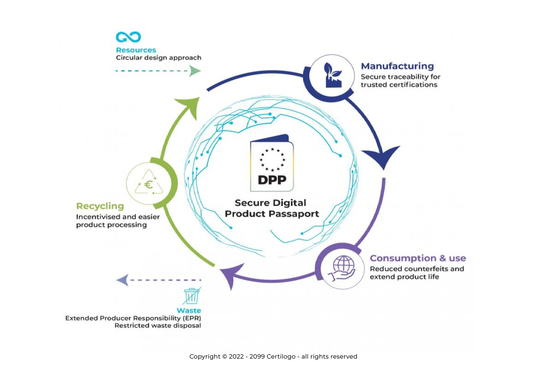From scan to sustainability
Streetwear revolution: pioneering sustainability with Digital Product Passports
Circular solutions: maximising streetwear value across lifecycle
Sustainability, transparency and circularity: the state of play according to the Digital Consumer Behavior 2.0 report
Interest in ethical clothing is growing, is your brand keeping up?
The legislation that means brands must adopt secure product authentication
[Video] Luxury Summit 2023 - Interview with Michele Casucci: Truly sustainable circularity models
Not all Digital IDs can provide secure product authentication
[Video] e-Pitti Summit 2023 - Michele Casucci's speech: securing the digital product passport Certilogo
What is the Digital Product Passport?


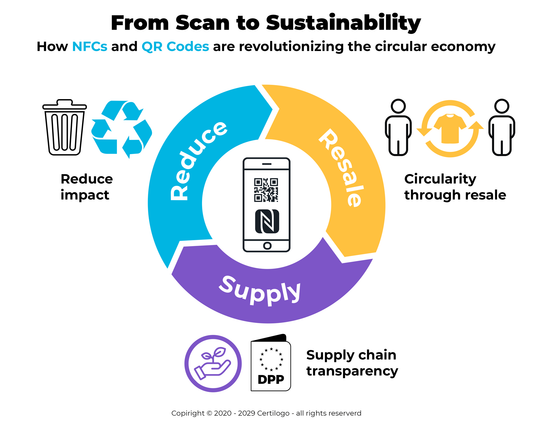
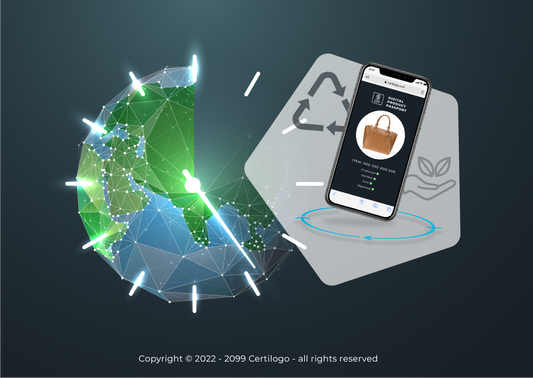
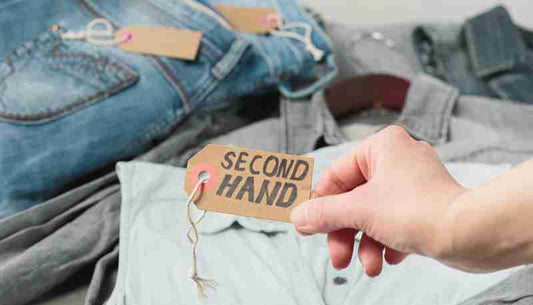
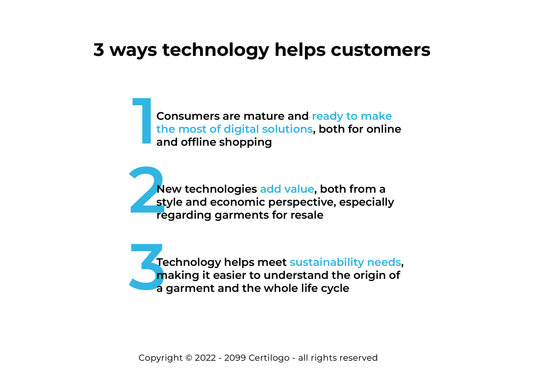
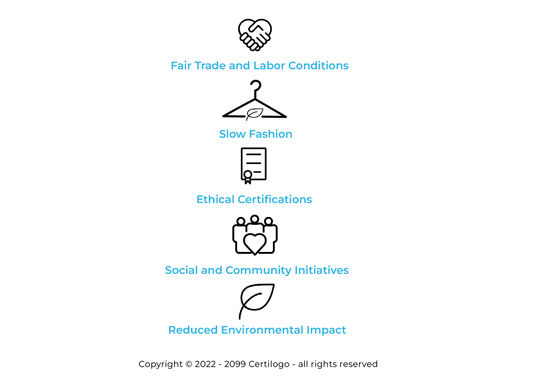
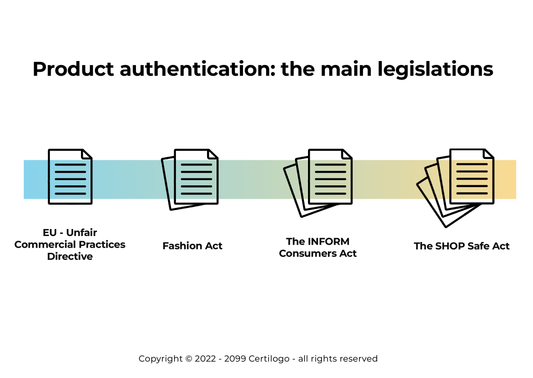
![[Video] Luxury Summit 2023 - Interview with Michele Casucci: Truly sustainable circularity models](http://discover.certilogo.com/cdn/shop/articles/milano-luxury-summit_533x.jpg?v=1684223400)


